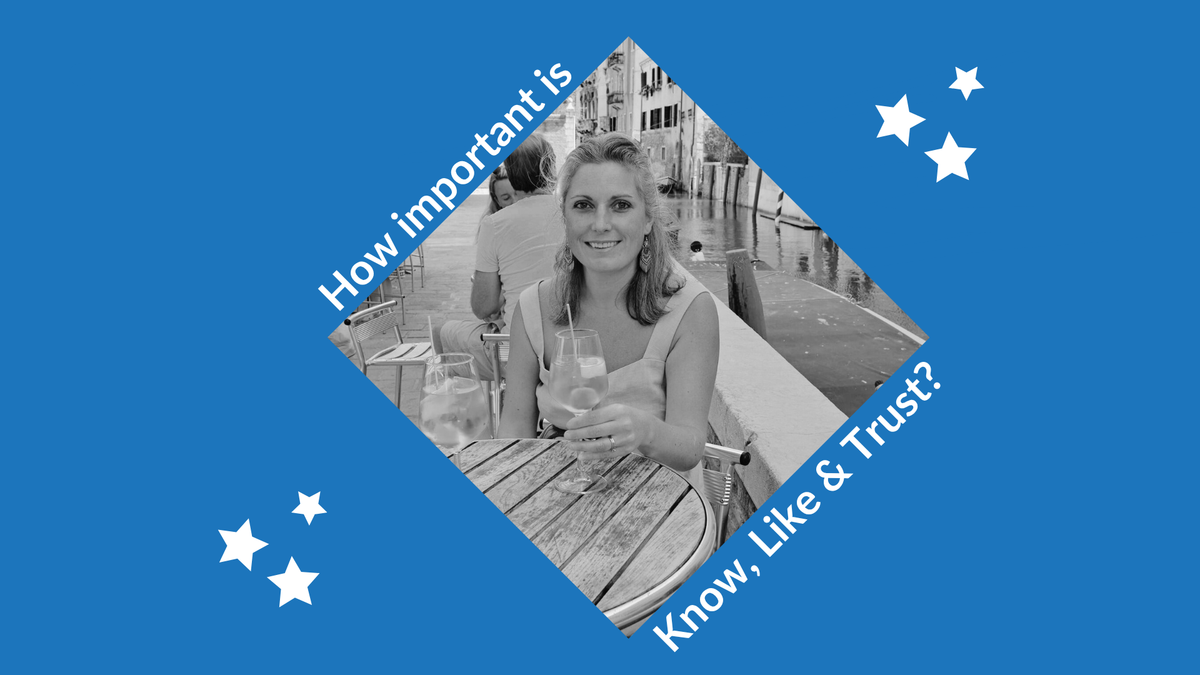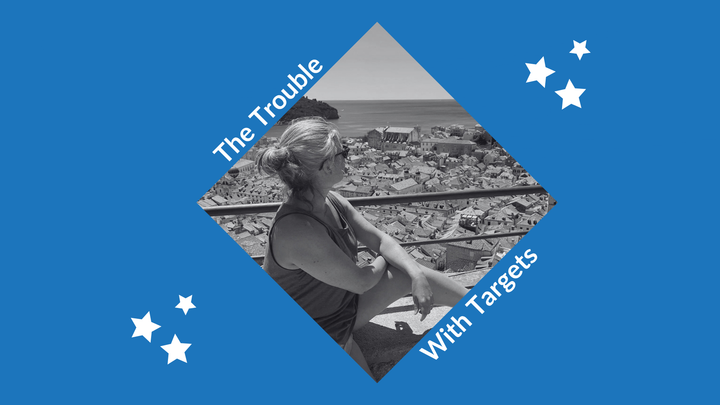Is the 'Know, Like & Trust' Thing Really That Important?
Of course we would prefer to do business with people we know, like and trust, but it's not always feasible.

A couple of years ago, I wrote a LinkedIn post about know, like and trust (KLT), and I got blasted in the comments by some guy who disagreed with me.
He was so annoyed by my post that he reposted it on his own feed along with all the reasons he disagreed with me.
If you're interested, this is the post:

I’m not sure whether he misunderstood what I was trying to say or whether he really believed I was wrong, but I added an edit to make sure nobody else misunderstood my point.
The saying is: “People are more likely to do business with people they know, like and trust.”
‘More likely to' does not mean ‘will only’ do business with people they know, like and trust.
And that was the point I was trying to make in my post.
Of course we would prefer to do business with people we know, like and trust, but it’s not always feasible. We might not know anyone who offers what we need, and if we need it urgently, we won’t have time to get to know them.
I buy stuff from businesses all the time without knowing anything about the people who run them. And if I don’t know them, how can I know whether I like them or not?
My window cleaner is just one example — I don’t know anything about him other than his name. He might be a lovely guy, or he might not. I don’t know. But he’s been cleaning my windows every four weeks for the past few years, and I trust him to do a good job.
And of the three elements (know, like and trust), trust is by far the most important.
You can know and like someone, but if you can’t trust them to deliver what they say they will, you’re probably not going to hand over your hard-earned cash.
Equally, you might buy from someone you don’t know and like if you trust them to deliver what you need. I’ve done it myself.
And I’ve had plenty of people who have paid for my services without knowing anything about me. In fact, I’ve got a call booked in next week with someone who has already paid me in full despite not knowing me. I have been recommended to her by someone she trusts, and therefore, she trusts me to deliver what she needs.
So while I do see value in the idea of KLT, if you are going to focus on only one of the elements, make it trust. Give people confidence that you can deliver what you say you can.
That doesn't mean you should ignore the know and like part
It’s probably not worth my window cleaner spending hours creating content or attending hundreds of networking events in an attempt to build relationships with potential clients, but that doesn’t mean it isn’t a good use of time for other types of business.
The type of marketing you do has to be right for the type of service you sell. And different approaches work for different businesses, different services and different levels of cost or risk.
For example, someone buying a book wouldn’t necessarily have to have a high level of KLT with the author because it’s a low-cost product. But if you were choosing a mentor, you’d probably want to know more about them to make sure you like their approach and trust them to give you the support you need.
Either way, building relationships doesn’t have to take months on end (despite what some so-called ‘experts’ would have you believe).
If your marketing is effective, you can get people to know you, like you and trust you (enough to do business with you) very quickly. I’ve had people buy from me after seeing a single post on LinkedIn.
The key is making sure your marketing resonates with your ideal clients. Show them you understand them. Show them you are credible. Be their first choice for what you offer, not just another maybe on a shortlist.
And if you need help with that, drop me a message, join my group membership or book a 90-minute one-to-one session.



